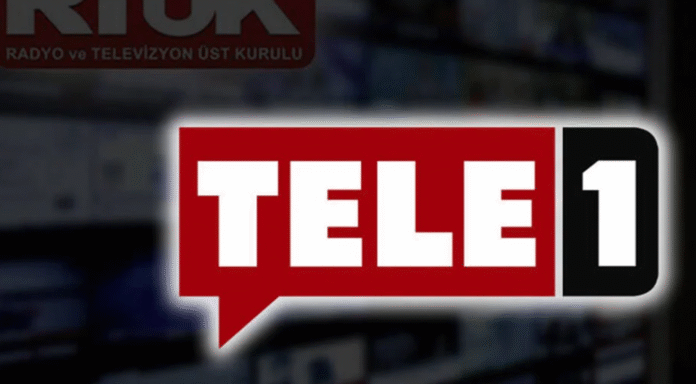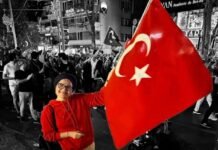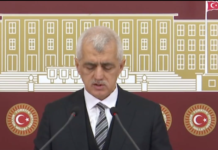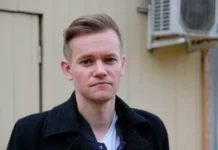Turkish authorities enforced a five-day blackout of pro-opposition broadcaster TELE 1 after midnight Sunday, a move that has ignited fierce criticism from journalists, opposition politicians and press freedom advocates who say the sanction is an assault on independent media, Turkish media reported.
Main opposition Republican People’s Party (CHP) leader Özgür Özel condemned the shutdown on Sunday.
“Tonight, a blackout will take place,” Özel said. “TELE 1 is one of the channels that tries to deliver accurate news to you, engages in free, honest and honorable journalism, does not fall under anyone’s influence and does not yield to government pressure. With a decision by men whose hearts have darkened, the screen will be darkened. We stand fully behind TELE 1.”
Anchor Murat Taylan from TELE1 said the blackout only strengthened the channel’s bond with viewers. “Thanks to the Radio and Television Supreme Council [RTÜK], we’ve seen how much society values TELE 1,” he said during the final broadcast before the shutdown. Other presenters pledged to continue their work “in defiance of imposed darkness.”
Press freedom advocates voiced alarm. Erol Önderoğlu of Reporters Without Borders said the sanction undermines pluralism and deprives citizens of access to diverse viewpoints.
RTÜK issued the penalty following remarks made by political commentator Merdan Yanardağ during his program, “4 Questions 4 Answers,” in which he referred to a July 15, 2016 coup attempt as an “Islamic coup attempt” and claimed that “the Justice and Development Party [AKP] government is mainly responsible for it.” The council deemed the comments to be in violation of Article 8 of Law No. 6112, which prohibits “inciting society to hatred and hostility.”
In addition to the broadcast blackout, RTÜK imposed a fine equivalent to 5 percent of TELE1’s gross commercial revenue for the month preceding the month when the program was broadcast.
RTÜK chair Ebubekir Şahin defended the decision, calling the backlash a “perception operation.” He insisted the council is applying existing law, not targeting any broadcaster, and accused critics of engaging in “baseless character assassination.”
The penalty adds to a series of fines and suspensions imposed on outlets critical of the government. TELE 1’s blackout is set to last until September 6, but the RTÜK penalty is part of a pattern of systematic censorship of opposition media, with other networks — including NOW TV, Halk TV and Sözcü TV — also facing bans and fines for their coverage of politically sensitive issues.
It is common for pro-opposition news channels in Turkey to face restrictions on their broadcasting through sanctions imposed by RTÜK, whose board members are appointed in proportion to the number of seats held by political parties in parliament, meaning that the ruling AKP currently dominates the agency.
Turkey, which has been suffering from a poor record of freedom of the press for years, ranks 159th among 180 countries in the Reporters Without Borders (RSF) 2025 World Press Freedom Index.















